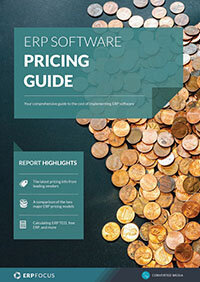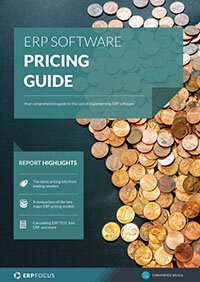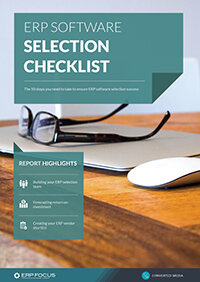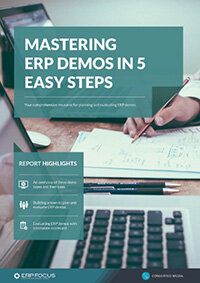4 Hidden Costs of Cloud ERP
Cloud ERP has been the topic of conversation for several recent years. Cloud offers quick implementation with little or no money up front and easy payments afterwards based on what you use, not necessarily what you were sold. It sounds like a perfect picture with no coloring outside the lines.
There are a few hidden cloud ERP costs to consider. Be aware they exist and take them into consideration during your ERP selection process.
Cloud ERP Cost #1: Customization
Your cloud ERP vendor will tell you that all the screens and defaults can be set specifically for you. But nearly every ERP today has some customization so why expect a cloud implementation to be any different? Some would argue that, all too often, we think our business is unique and much customization could be avoided if we only recognized that many modern processes are common to subsets of businesses. Even if we take that leap, we all have existing systems that we will keep along with our ERP. Those systems will need to communicate with your cloud ERP and integration is just another form of customization.
Cloud ERP Cost #2: Downtime & Maintenance
You will give up some control over your operations. Your cloud ERP system will have problems and downtime and Murphy’s Law guarantees it will hit at the worst moment. The same can happen with your internal ERP but there is some consolation in knowing your own IT people are sweating to get back in operation. Your cloud ERP vendor will be too, but you can’t see them down the hall.
Cloud ERP Cost #3: Legacy Workarounds
Your bill for the cloud ERP will start with all the agreed-upon options. ERP is a complex set of tools and your people will require some time, often months, to really master those tools. ERP includes a set of fifty different wrenches. Your people will continue using the adjustable crescent wrench they are already comfortable with. Until they buy-in to the new cloud ERP, you might be paying for more than you get.
Cloud ERP Cost #4: Ongoing Training
There will be a period of training and support provided for a time when you begin using your cloud ERP. The people on staff then will probably be well trained. But what happens eight months later when you hire someone new? Who will train them? The cloud folks will be training some new client. You will have to take on training the new person.
Cloud ERP has many advantages. It might be the ERP you choose next. But do not be surprised when things aren’t quite as good as the sales pamphlet advertized.
Free white paper

ERP Software Pricing Guide
Get the latest pricing information on over 80 popular ERP systems, and learn how to budget for your ERP project in our free guide

Featured white papers
-

ERP Software Pricing Guide
Get the latest pricing information on over 80 popular ERP systems, and learn how to budget for your ERP project in our free guide
Download -

60-Step ERP Selection Checklist
Get the comprehensive checklist for your ERP selection project
Download -

ERP Demo Guide & Scorecard
Master your ERP demo with 5 easy steps using our free guide (includes demo scorecard)
Download
Related articles
-

4 training tips for manufacturing ERP success
These four training tips will help your employees get the most out of your new manufacturing ERP ...
-

How the right ERP can help you launch a successful omnichannel business
Petersen Zhu, CEO of DigitBridge and Vibes Base, shares how to create a scalable omnichannel stra...
-

The best ERP systems for process manufacturing
Consider these ERP systems when selecting your next process manufacturing ERP

